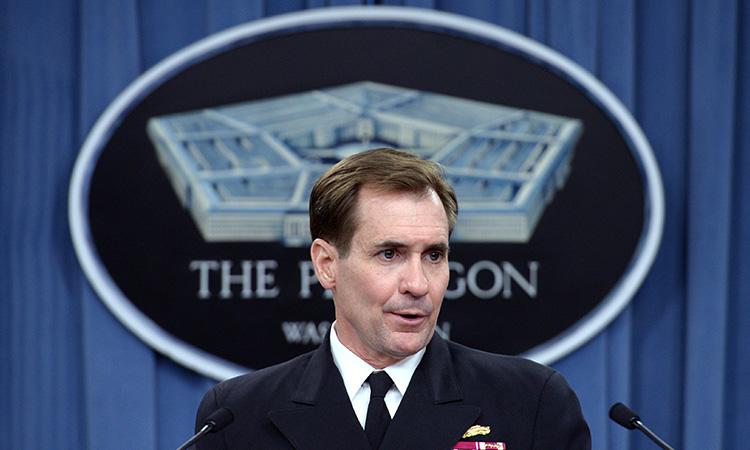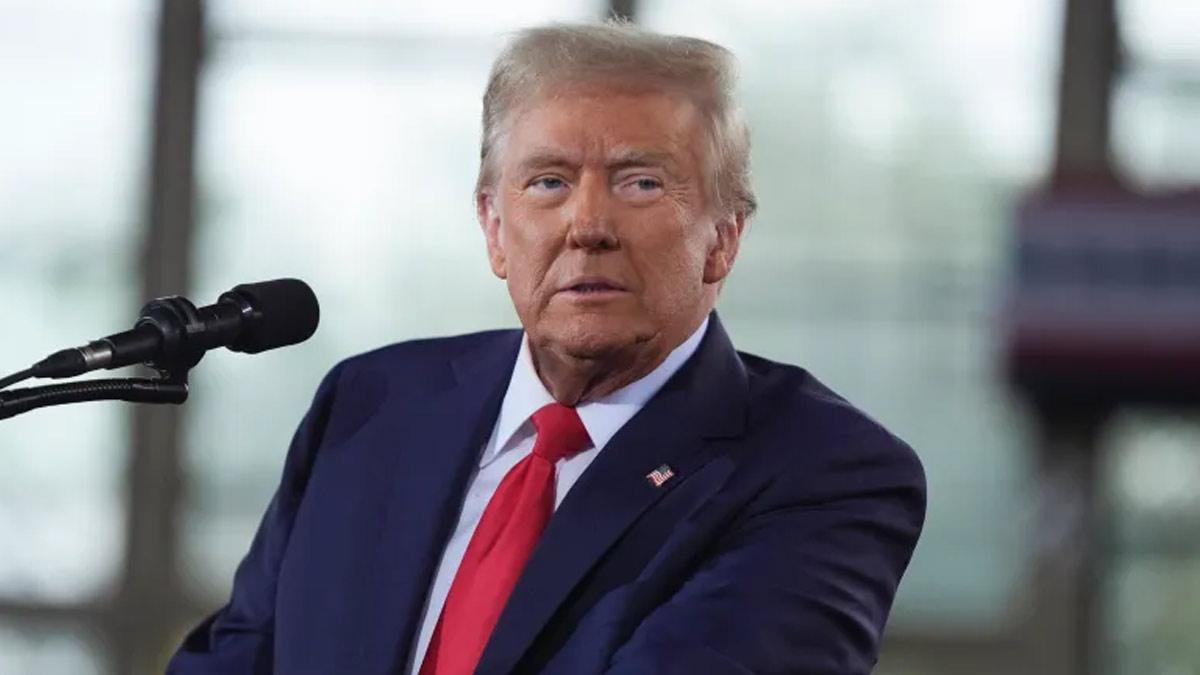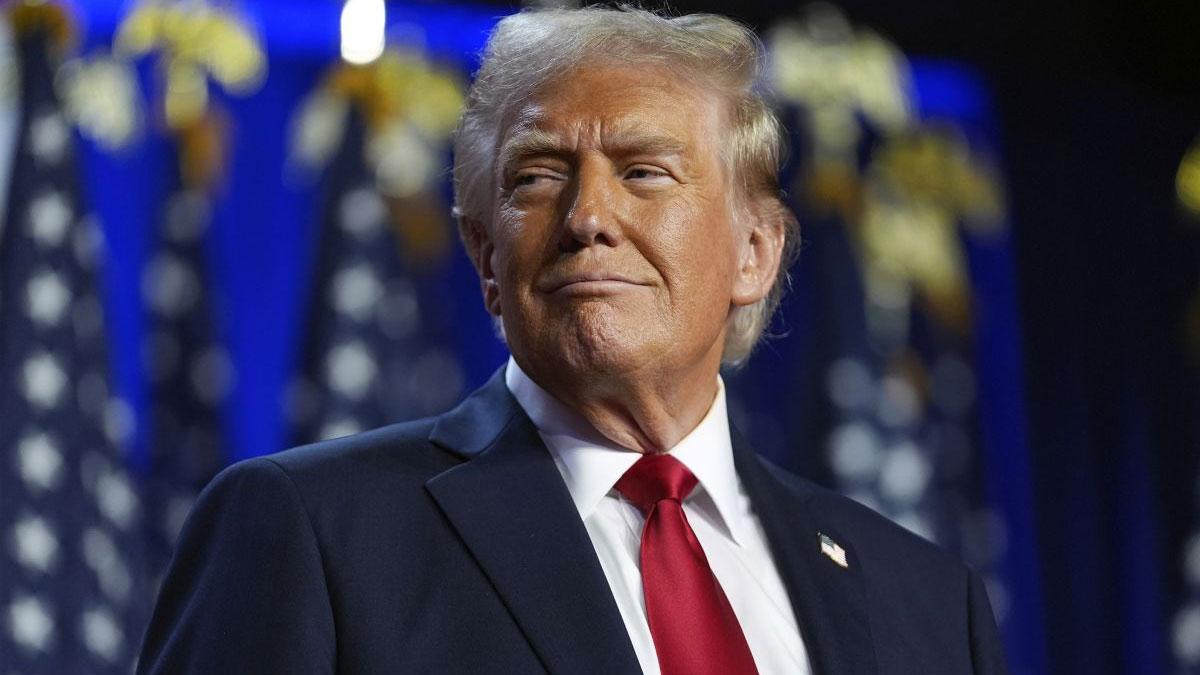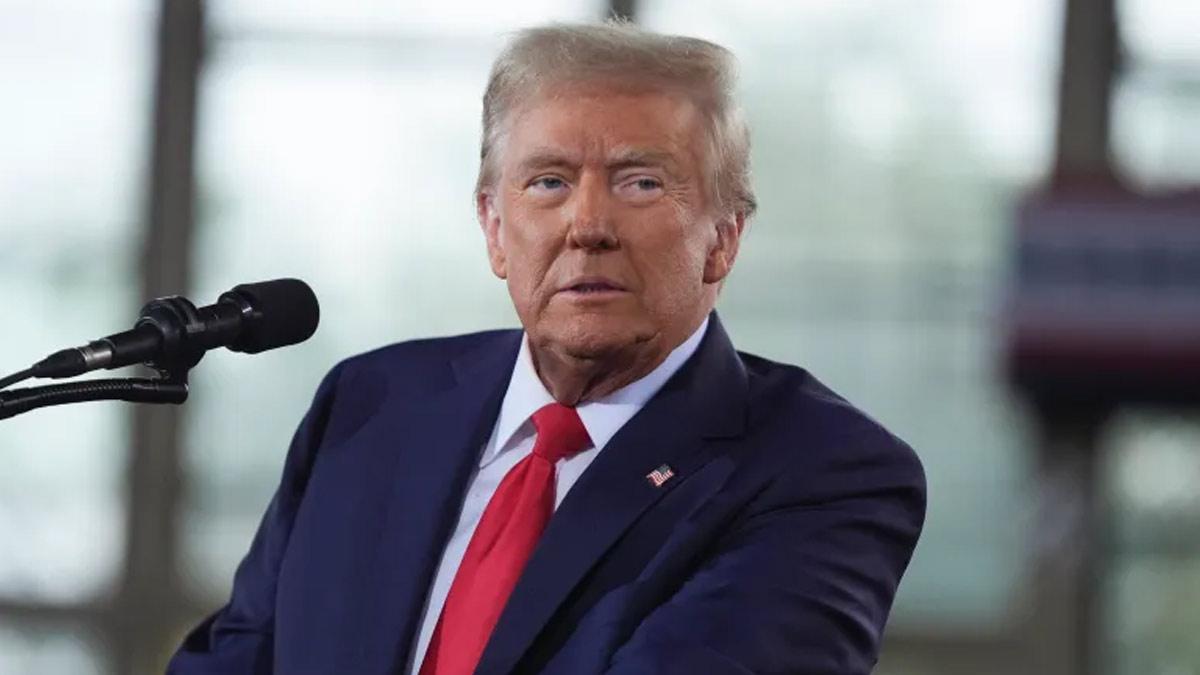The US and South Korea continue to adjust their joint defense capabilities to meet ever increasing threats from North Korea's advancing nuclear and ballistic missile capabilities, a Pentagon spokesperson has said.
Department of Defense Press Secretary John Kirby on Friday also highlighted the importance of South Korea-US joint training exercises, Yonhap news agency reported.
"All our training events are meant to improve our readiness," the spokesperson said when asked if a US-South Korea joint military exercise, set to be held later this month, was meant to send a strong signal to the North.
"It's not about message sending. It's about readiness, and that's our commitment on the peninsula. That's our commitment to our South Korean allies," he added.
Also Read | Zelensky hails visit of senior European officials to Ukraine
The remarks come after the South Korean defense ministry said it will discuss with the US about the possible deployment of US strategic assets to South Korea amid North Korea's continued missile launches.
Pyongyang staged 12 rounds of missile tests this year, including seven rounds in January alone that marked the largest number of missile launches it has conducted in a single month.
They also come after North Korean leader Kim Jong-un's sister, Kim Yo-jong, said the North may use nuclear weapons if attacked by South Korea or the US.
"We are well aware of the North Koreans', their efforts to advance their nuclear ambitions, as well as to advance their ballistic missile capabilities," said Kirby.
"We don't need to hear threats and threatening comments from North Korean leaders to understand the actual threat that Pyongyang represents to the peninsula and to the region. And that's why we are continuing to adjust our posture as needed, to adjust our intelligence gathering posture as needed, and certainly to adjust our training and readiness with our South Korean allies," he added.
US urges N.Korea to engage in dialogue amid reports of possible nuclear test
The US has called on North Korea to refrain from further provocations and instead return to dialogue.Jalina Porter, principal deputy spokesperson for the State Department, made the remarks on Friday amid speculations that the North may be preparing to conduct its first nuclear test since September 2017, possibly next week when it will celebrate the 110th anniversary of the birthday of late founding leader Kim Il-sung, Yonhap news agency reported.
"The Biden-Harris administration has no change in our policy and we continue to urge the DPRK to refrain from further destabilizing activities, and ... instead choose to engage in serious and sustained dialogue," she said, referring to North Korea by its official name, the Democratic People's Republic of Korea.
Also Read | Death toll of Israeli shooting attack rises to 3
The spokesperson was responding to a question whether there has been a change in the US' North Korea policy after Philip Goldberg, nominee for new US ambassador to South Korea, said the US must push for comprehensive, verifiable and irreversible denuclearisation (CVID) of the North.
The term, CVID, had often been used under previous US administrations, but with the letter C standing for complete, instead of comprehensive.
Pyongyang had often strongly reacted to the term in the past, and the Joe Biden administration has been describing its objective as the complete denuclearization of the Korean Peninsula instead since taking office early 2021.
North Korea, however, remains unresponsive to US overtures, while being increasingly engaged in provocations.
The country has staged 12 rounds of missile launches so far this year, including seven rounds in January alone that marked the largest number of missile tests it conducted in a single month.
Recent reports said the North also appeared to be repairing underground tunnels at the Punggye-ri nuclear test site, indicating a possible nuclear test down the road.


















